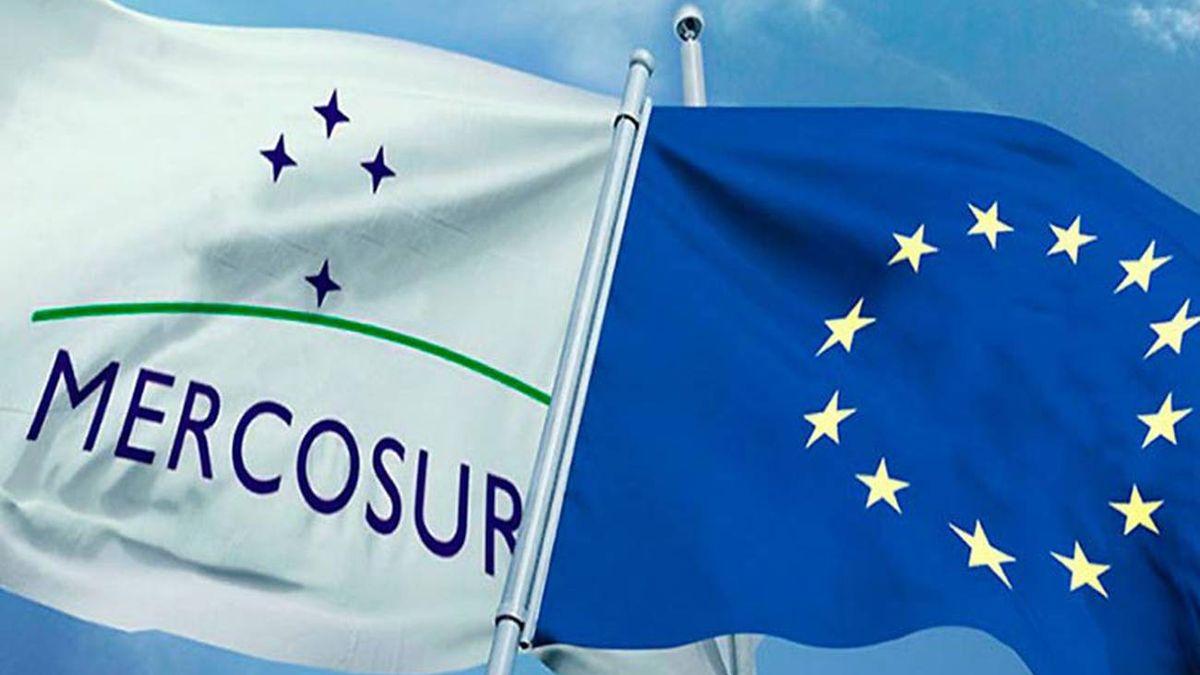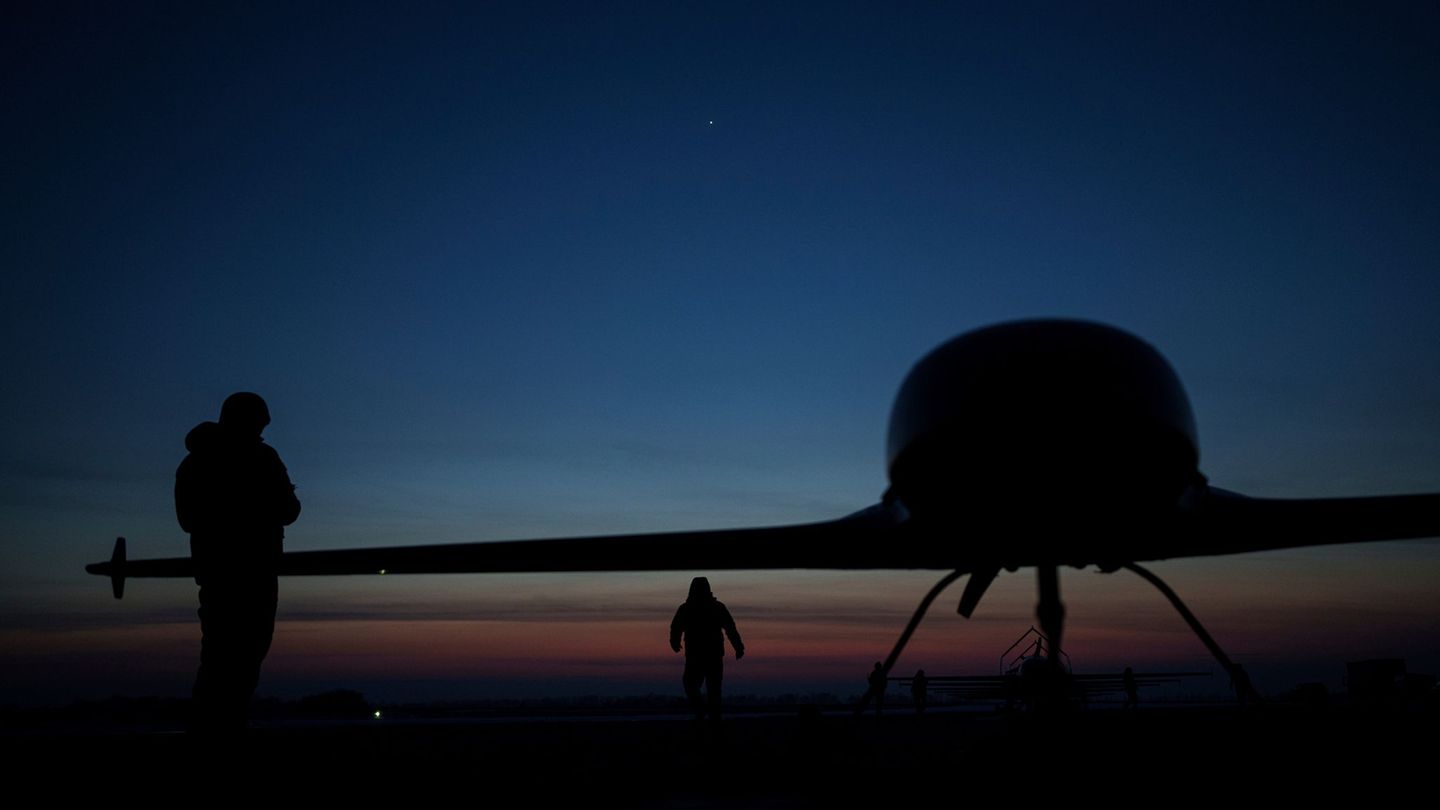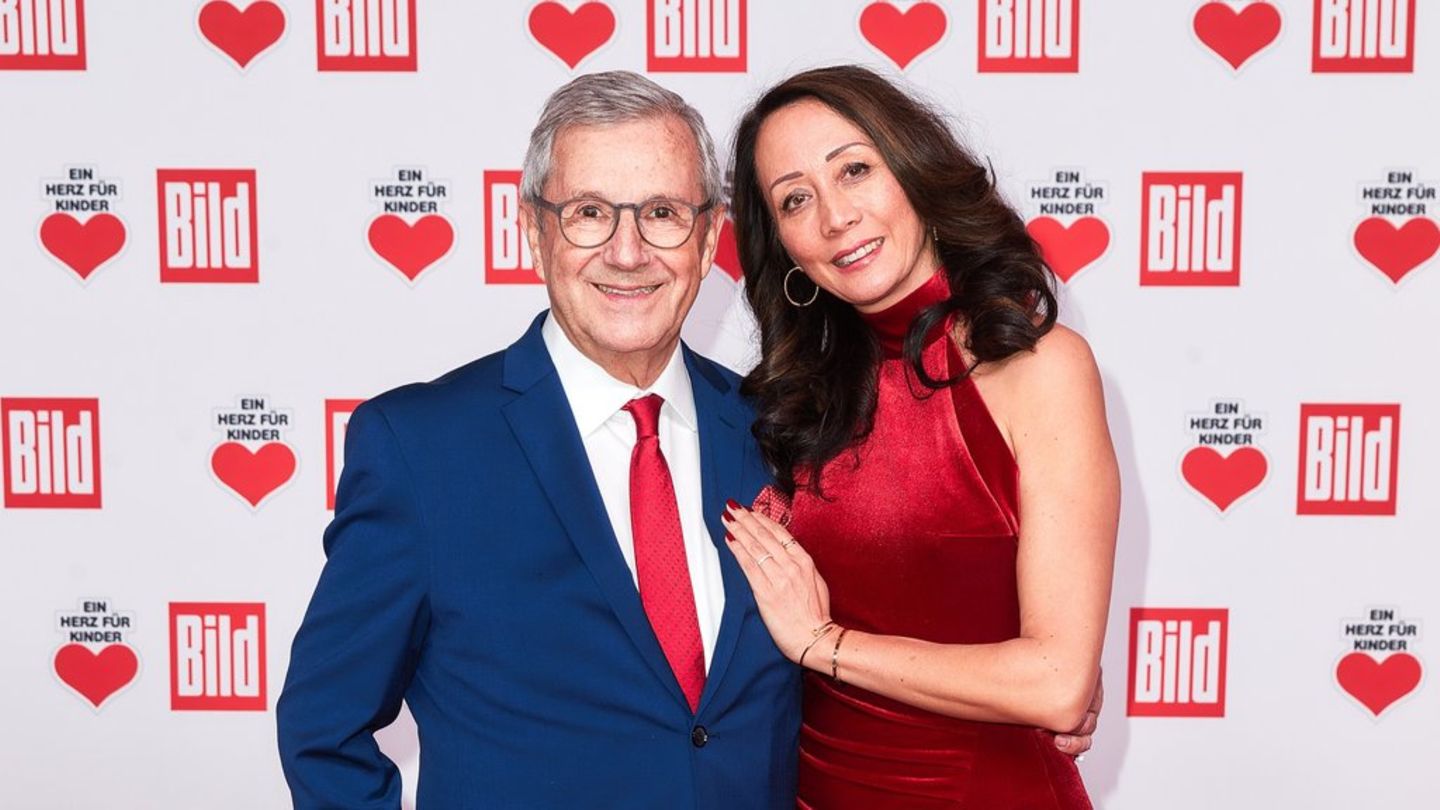Brasilia was the scene of the meeting between the chief negotiators of the Mercosur and the European Union (EU) which took place Tuesday and Wednesday, with the aim of discussing the possibility of formalizing an additional instrument that would allow both parties to sign the free trade agreement before the end of the year; something that, in any case, since Uruguay come with skepticism.
Efforts continue between the two regional blocs despite clear discrepancies on some points — and the fact that negotiations have already been underway. 25 years without finishing. While consensus is still far on the horizon, the chief negotiators agreed to move forward in upcoming meetings through video calls, in order to accelerate the conversations and, ideally, December will arrive with the Mercosur-EU agreement closed.
The gray of this deadline is, in reality, it may extend until May. In June there will be elections in the European Parliament and in the European Comission, Therefore, the change in the constitution of both organizations will mean a restart of many of the discussions, depending on the distribution of political forces.
However, in South America A possible postponement is not viewed so favorably. In fact, the president of Paraguay, Santiago Peña, has already issued an ultimatum—almost unilaterally—to the EU: if the agreement is not finalized by early December, the regional bloc will abandon its efforts with Europe and seek to negotiate with other multilateral groups.
“I have conveyed to the president of Brazil Let him close the negotiation, because if he doesn’t close, I will not continue in the next semester. I am going to dedicate the next semester to close agreements with other regions of the world “I am sure that we will reach an agreement very quickly,” he told the Financial Times.
The problem is that the difficulties are not only European, but there are also obstacles within South America. The main one is the lack of a common positionwhich may be seen even more cracked with Brazil’s move to the side—and Lula— in the pro tempore presidency of Mercosur—he will assume Paraguay in the first days of December—and a possible new government in Argentina for the same date.
With this scenario in mind, the parties will meet again at the end of this month to evaluate the progress of the negotiations.
Uruguay, mostly skeptical
Far behind was the dream of the Uruguayan government to achieve the signature with Europe in order to also unblock the negotiations for the Free Trade Agreement (FTA) with China.
Discussions around environmental issues are the main obstacles with the EU, but they also generate internal disputes: Brazil and Argentina They want to reopen chapters to propose “compensations” for environmental demands in trade, while Uruguay and Paraguay They are opposed due to the delays that this could generate in the signing of the agreement.
The lack of consensus within the South American bloc was explicit in one of the documents that the negotiators began to discuss in Brasilia. There, as a footnote, it is noted that Uruguay and Paraguay They do not agree with the reopening of the negotiated text because it generates “asymmetries and imbalances,” El Observador reported. Consequently, the skepticism It is the majority in the Uruguayan government.
The Paraguayan ultimatum also generated uncertainty among local authorities due to the lack of prior knowledge of such a position. With comments about the “lack of coordination” of the episode from the Executive, there were also suspicions about whether Uruguay He had been left out of any internal discussion in the bloc, due to publicly known disagreements.
For his part, the president Luis Lacalle Pou has already said that he is not optimistic about the signing of the Mercosur-EU agreementeven after his two meetings with the French president Emmanuel Macron —in July and September—, when he warned of the “slowing down” of the negotiations.
Source: Ambito




